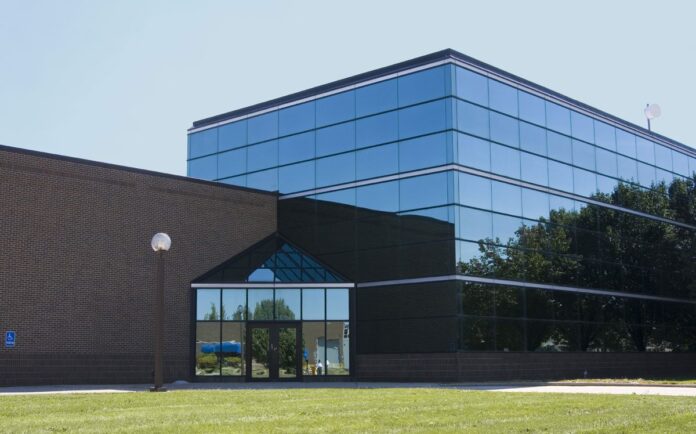Sony jump starts IoT strategy with LTE-only chipmaker purchase
LTE has an important role to play in the “Internet of Things,” according to Sony. The Japanese conglomerate said it’s buying LTE-only chipmaker Altair Semiconductor for $212 million as it expects more “things” to be connected to the Internet using cellular chipsets.
Sony already makes sensors that can be embedded in devices to record metrics like location and orientation, and by acquiring Altair gains a new way to connect those sensors. One of Altair’s products is a Category 1 LTE chipset that is claimed to be less expensive and more power efficient than the LTE modems used in smartphones. Altair’s solution is being used by AT&T in LTE-only IoT modules, which the carrier said will be offered to customers at prices as low as $15.
“We’re seeing Cat 1 being very much adopted by many, many carriers and we’ll see products activated with Cat 1 this year, this quarter. The networks are capable,” Altair co-founder Eran Eshed told RCR Wireless News earlier this year.
Eshed said his company is competing with Qualcomm and Intel, but those companies are making chipsets four-times as big as Altair’s, and consume 10-times the power because they are derivations of multimode smartphone chips. Altair does not make multimode chips and instead focuses exclusively on LTE.
“There is a pretty robust roadmap for LTE in that whole IoT space,” said Eshed. “The next generation of products is going to even further improve power efficiency and cost … Category M, narrowband IoT – these are all part of Release 13.”
Sony said it wants to “develop a new breed of cellular-connected, sensing component devices” by combining Altair’s modem technology with Sony’s sensor technology. The company said it wants to deliver not only new components, but also “new LTE solutions that leverage the strengths of these component devices.”
Altair employs roughly 220 people based in Israel, the U.S., China and Taiwan. Sony said it intends to expand Altair’s existing business in addition to developing new solutions. That business includes LTE-only chipsets for the smartphones and tablets. Eshed sees that business finally coming into its own.
“Only when coverage started getting into the 95%-plus on Verizon and then AT&T, and now T-Mobile US and in Japan and Korea – did single-mode really start gaining attention,” he said. “When LTE coverage is as good or better than 3G, we’ll start seeing LTE-only phones, and for the types of devices that have 3G today it wouldn’t make any sense to add costly and unnecessary 3G.”
Eran Eshed talked with RCR Wireless News at CES 2016. See the interview below.

